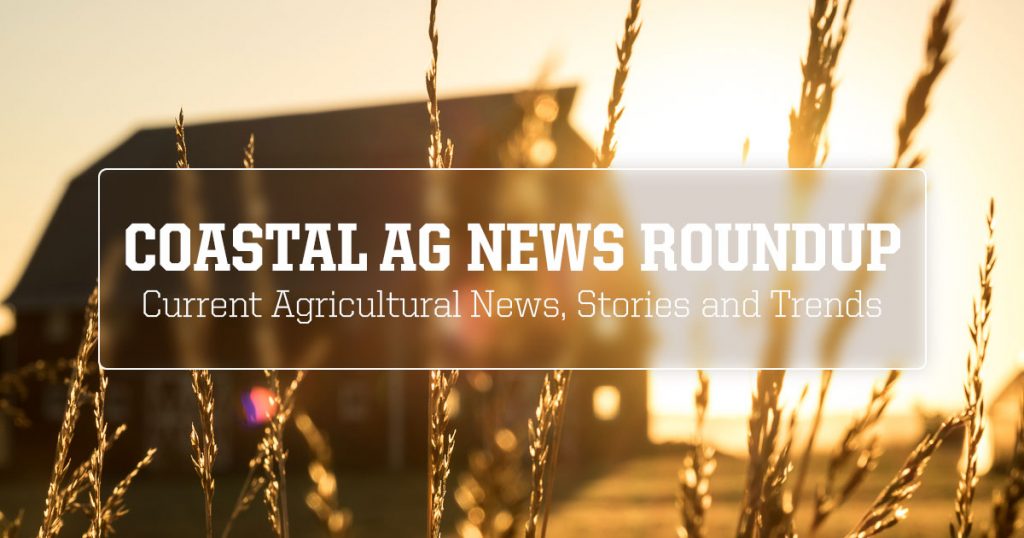
Northwest and Minnesota wheat farmers travel to Japan and Korea
Wheat farmers from the Pacific Northwest and the state of Minnesota traveled together to Asia to get a first hand look at US Wheat Associates’ offices and meet with oversea customers and stakeholders.USW Vice President of Oversee Operations, Vince Peterson observed that building personal connections between oversea customers and wheat farmers is important. “U.S. wheat is the world’s most reliable source of high quality wheat, and part of that reputation comes from the people who grow it. We consistently hear how much the customer appreciates getting to know the farmer.”
Read More
Oregon snowpack up 138% in 2015
Though more snow is needed for streams and reservoirs for the summer months, Oregon’s snowpack was 138% of normal compared to 53% in 2015.Normal rain and snow continues across the region, which is great news for farmers, the much needed water flow for fish and for the lessening chance of fires across the state.
Read More
Wind machines and the courageous people who service them
Central Washington’s orchard wind machines are making a big difference. Mid-March to Mid-May can bring frost in Washington state so wind machines are used to pull warm air down to tree level, as well as blowing rain off fruit trees.Matt Ott is one of the service men who regular climbs to 35 feet to inspect and repair the machines. “Falling isn’t something I think about,” he said. “I’m focused on what I’m doing. My awareness stops at my feet….”
Read More
Ask The Expert: What fruit and berries do well in my area, and how do I protect them?
Brook Edmunds, Extension Community Horticulturist, answers the following questions from Linn County, OR.: What type of apple and cherry would you recommend for eating rather than cooking? Any suggestions for protecting fruit from deer and birds? I live at about 1000 feet, above sea level. I also want to plant blueberry bushes, an early, mid-season and late variety. Which one would do best?Read More
Climate change affecting grape harvests
The pacific Northwest is experiencing rising temperatures in some regions, creating a challenge for vineyards and wineries. Growers are being forced to change the timing of their harvests, which in turn affects sugar and acid balances in the wine.With the past year being the warmest in recorded history globally, weather patterns are being impacted which in turn is causing grape growers to evaluate their growing seasons.
Read More
